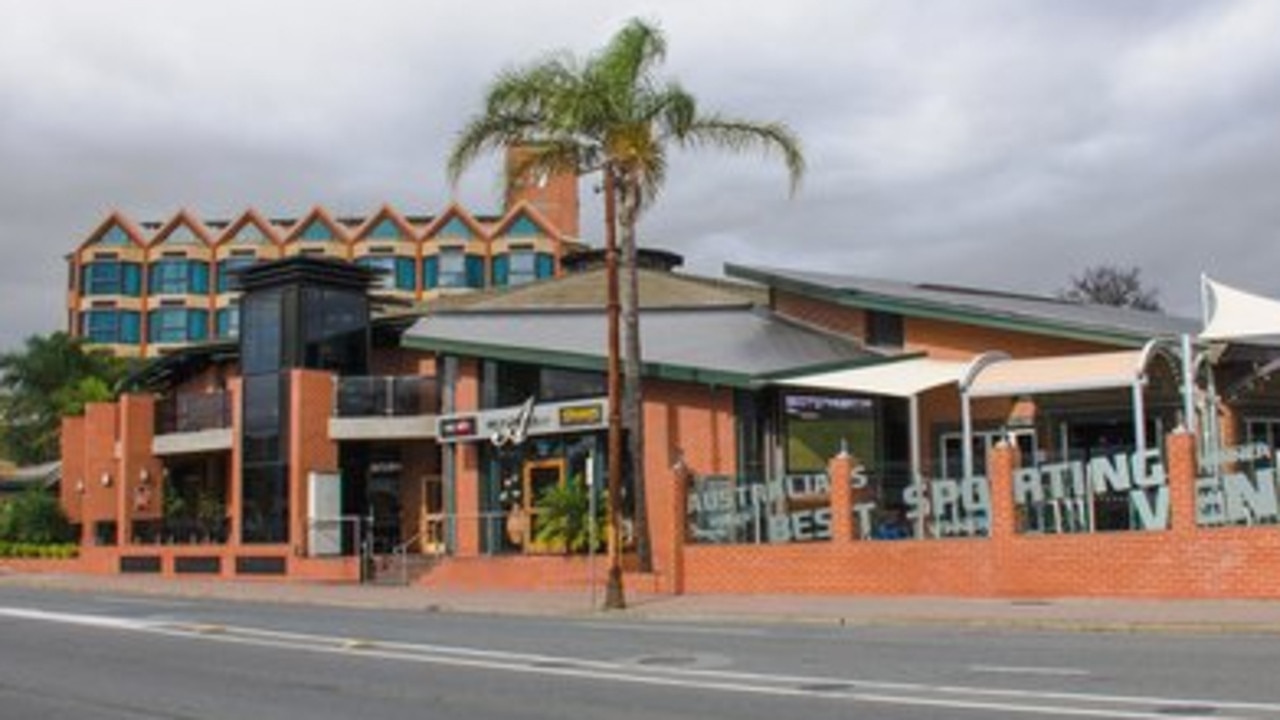Why Premier Peter Malinauskas must sometimes wish he’d gone to Canberra federal politics
Premier Peter Malinauskas had a sliding doors moment about a decade ago, writes Paul Starick. History could have been very different.

SA News
Don't miss out on the headlines from SA News. Followed categories will be added to My News.
A decade or so ago, Peter Malinauskas was in his early 30s and navigating a fork in the road of his professional life.
His political future had been keenly watched since in 2011, aged just 30, he ruthlessly leveraged his role as the state’s most powerful union leader to tell Mike Rann his time was up as premier.
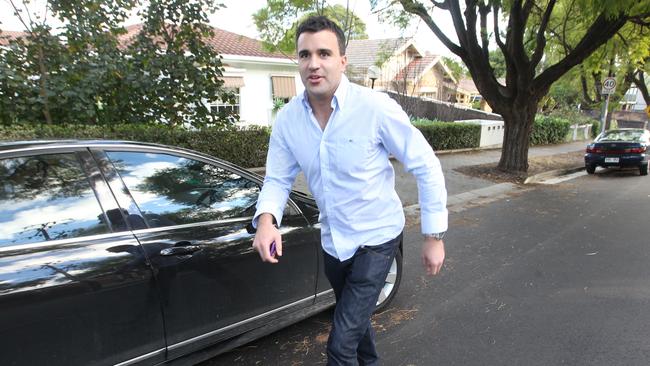
By 2015, Mr Malinauskas was 35 years old. He was ALP state president, had headed the shop assistants’ union state branch for seven years and been elected to the powerful ALP national executive.
Mali’s star was rising and he faced a choice – should he find a safe federal seat and head for Canberra? Or should he, as a devoted family man with a successful corporate lawyer wife, focus on state politics and avoid long interstate absences?
Self-evidently, Mr Malinauskas chose state politics, a decision possibly aided by lack of vacancies in safe SA federal Labor seats.
Even just before his hotly anticipated entry into the state upper house in December, 2015, pundits (including this commentator) were posing the question of whether he could eventually become premier.
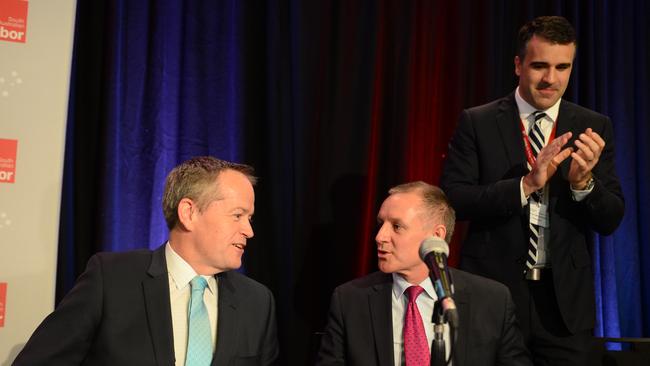
The rest is history. Mr Malinauskas rocketed through Labor ranks, famously whipped off his shirt at a poolside press conference during the 2022 election campaign – then won power by defeating a first-term Liberal government in a landslide.
But things have changed since those heady days of the Malinauskas honeymoon. His core election promise to fix ambulance ramping is in unfulfilled tatters, despite Labor throwing billions of dollars at health and spending vast political capital.
As The Advertiser revealed on Tuesday, there is strong concern at the highest levels of the state government about the prospect of only three naval frigates being built in Adelaide.
This would effectively scuttle the $45bn project and torpedo the skilled workforce essential for the $368bn nuclear-powered submarine program centred on Adelaide.
The AUKUS submarine construction, starting in the 2030s, has become a linchpin of the Malinauskas government’s economic agenda.
Immediately after touring the United Kingdom’s nuclear submarine construction yard last March, an awe-struck Mr Malinauskas declared the Adelaide-based project would be far more complex and transformative for SA than the car industry, requiring generations of skilled workers.
At times like these, Mr Malinauskas could be forgiven for wishing he’d chosen the other fork in the road and headed to Canberra – the place where the levers of power are pulled on defence and key aspects of health.
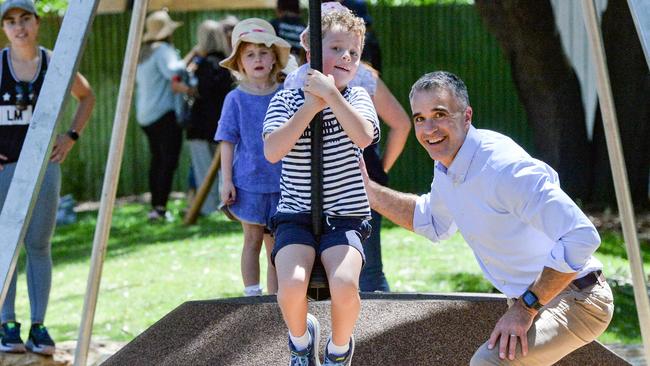
Mr Malinauskas and Health Minister Chris Picton have repeatedly wrung their hands in frustration at healthy, elderly people clogging hospital beds because of insufficient places in aged care, for which the federal government is responsible.
There was an air of frustration and, even, resignation, in Mr Malinauskas’s voice in parliament on Tuesday, when Opposition Leader David Speirs asked if he still claimed he would fix ramping, despite a surge in December.
“To speak plainly, that is exceptionally disappointing and somewhat frustrating, particularly where there had been a degree of positive momentum on one level. … We are literally doing everything we can … It is a wicked problem that we see around the country,” he said.
If federal dollars and policy action are vital for the health system, they are essential to the frigate and submarine projects.
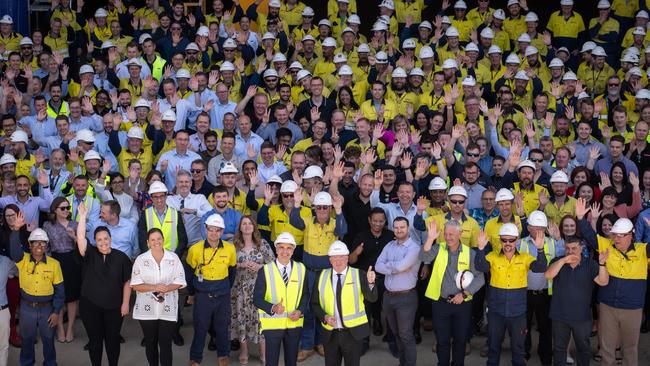
State governments are not the defence decision makers. The Albanese government will determine the frigate project’s fate, even if Mr Malinauskas is all-in on AUKUS.
Crucially, he is the first state leader since Mike Rann to move hard and fast on political and policy action to develop the necessary skilled workforce – a huge challenge when considering nuclear-powered submarines.
It must seriously irk him that the fate of all this effort will be determined in Canberra. Speculation continues about Mr Malinauskas one day going federal – but until then much of his core agenda will be shaped from afar.
More Coverage
Originally published as Why Premier Peter Malinauskas must sometimes wish he’d gone to Canberra federal politics




